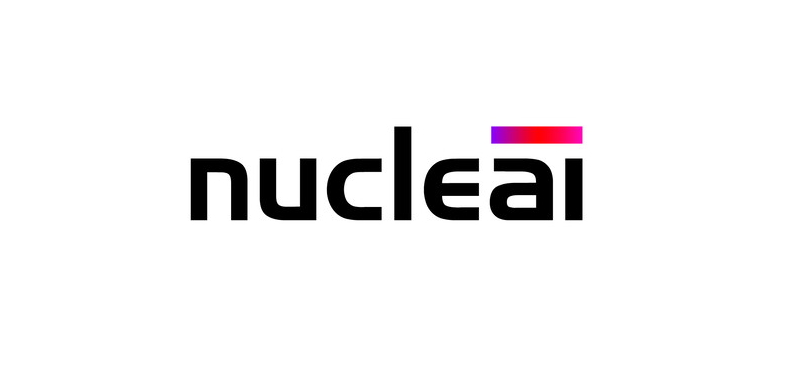Sanofi backs precision oncology firm Nucleai in $33m fundraising

Israeli startup Nucleai has raised $33 million in a second-round financing that will be used to further its work on using artificial intelligence and spatial biology to find biomarkers that can predict which patients will respond to cancer treatments.
The five-year-old company uses machine vision and learning technology originally developed for military applications to predict how tumours will progress, and help to select the most effective treatment for the cancer.
The new financial backing – which includes a buy-in from Sanofi – will be used to help develop the platform and extend its use among biopharma companies and contract research organisations.
One way the platform is being used is to try to establish why so many cancer patients don't respond to immunotherapies like checkpoint inhibitors. Being able to identify those that are likely to respond could allow for targeted use immuno-oncology drugs, potentially saving healthcare systems money.
Nucleai's platform has been adapted from technology used to gather intelligence about military targets from geospatial data coming from satellite and high-altitude images, now applied to the mapping of biological microenvironments.
The company's chief executive, Avi Veidman, said that the vision is to "bring spatial biology to the forefront of precision medicine and to embed the use of our platform in every clinical trial involving tissue over the next few years."
Information available in biopsies is still being analysed by doctors using microscopes in a way that has not changed significantly in the last 100 years, according to Veidman.
"The revolution that has occurred in recent years in the field of deep learning allows us to change the way biological information is analysed, to produce scientific discoveries that cannot be produced by manual means and actually change the treatment of cancer," he added.
Sanofi Ventures and Section 32 led the Series B, backed by existing investors including Swiss drugmaker Debiopharm, Fosun RZ Capital, Vertex Ventures, and Grove Ventures.
Cris De Luca, global head of digital investments at Sanofi Ventures, will join Nucleai's board along with Andy Harrison, managing partner at Section 32.
https://twitter.com/crisdeluca/status/1506280914770350084
Researchers from the biotech presented some insights into its platform in a poster presentation at ASCO in 2020.
They studied slide images from more than 900 primary breast cancer patients, scanning the images using an automated system for the presence of immune cells and other features, and looking for patterns that could predict how long a patient would go before their disease progressed.
Localised clusters of tumour-infiltrating lymphocytes and having more lymphocytes in the stroma (the margin between malignant and healthy tissues) than in the tumour itself seemed to be associated with a longer progression-free interval (PFI) and potentially could help guide treatment decisions.













